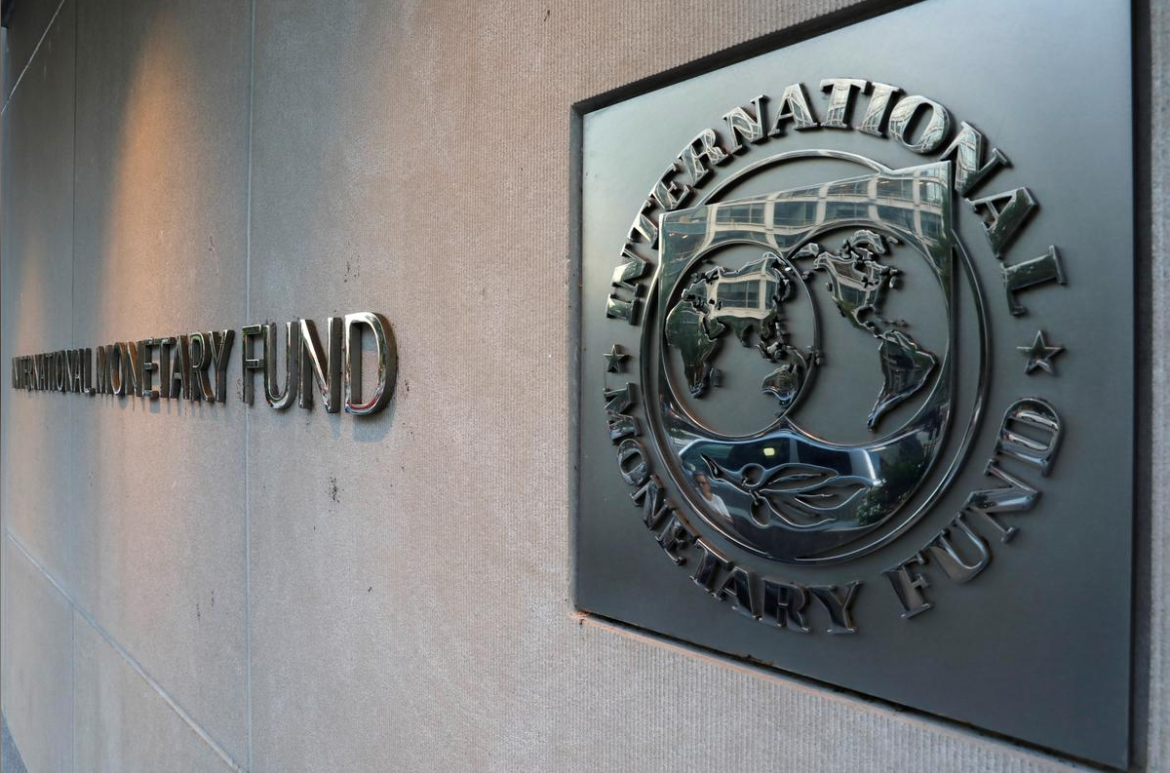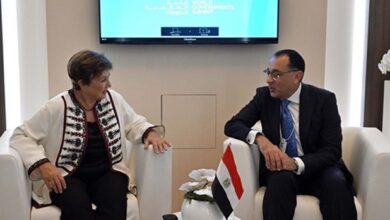The International Monetary Fund has said it is still early to discuss any measures concerning Egypt's request for a US$3.2 billion loan.
The UN organization said there are still some points that need to be settled in the government's economic plan before final approval can be given.
In 2011, the Egyptian government agreed with the IMF on a $3.2 billion loan to support its reeling economy after the 25 January uprising that toppled former President Hosni Mubarak, but the Supreme Council of the Armed Forces, which took power after Mubarak fell, rejected the move in order to avoid increasing public debt.
A number of experts say it is uncertain whether an agreement will be reached over the potential loan. They argue that the IMF conditions political support for the move, something lacking in the current SCAF-appointed interim government.
An IMF spokesperson told Al-Masry Al-Youm that any deal the IMF strikes with Egypt will set performance standards and objectives derived from the economic plan agreed on by both parties.
In mid-January, IMF regional director Masoud Ahmed visited Cairo and held talks with government officials and representatives from the Freedom and Justice Party, the majority party in Egypt's lower house. Ahmed said his visit aimed to explore the situation in Egypt.
Former Finance Minister Hazem al-Beblawy told the newspaper that the standards set by the IMF are not binding, but still require commitment by the Egyptian government to the economic plan jointly drafted with the international fund.
Beblawy likened the fund to a bank that requests repayment guarantees from customers before providing them with loans. He said the IMF conditions should not be overplayed, stressing the country's need for international financial support in order to bridge its budget deficit and overcome liquidity crises.
The current government of Prime Minister Kamal al-Ganzouri sets the expected budget deficit at LE144 billion, 8.7 percent of the GDP. The deficit stood at 9.5 percent of the GDP last year, but the SCAF's abstention from approving the loan prompted former Prime Minister Essam Sharaf to reduce the deficit amid doubts concerning the country's ability to adapt with rising expenditure.
Beblawy said the IMF is the most qualified organization to grant the Egyptian government an international crediting instrument to enable it to borrow from other global institutions.
Translated from Al-Masry Al-Youm



